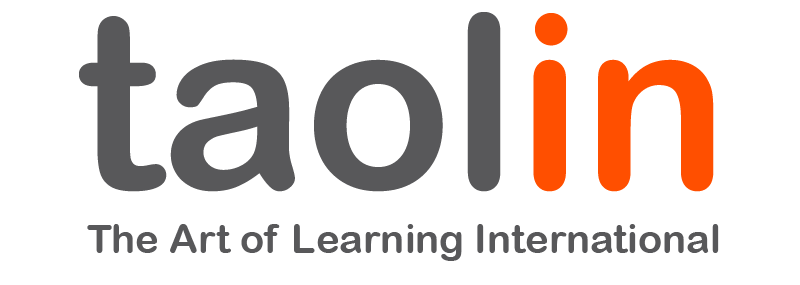Neuroscientists are increasingly studying myelin and its incredible impact on forging new behaviours and rapid learning. They’ve found that neural pathways that are well-insulated with a protective coating called myelin can be up to 300 times faster than non-myelinated ones. Why does this matter?
Well, we know that every behaviour (like the new habits that we’d like to develop) relates to an associated pathway in our brain. We also know that our brain will choose this pathway as the default if it is highly myelinated and, thus, fast and efficient. So, how do we develop healthy, thick myelin layers?
We become what we repeatedly do
Whenever you practice something, nerves are fired through a circuit in your brain. As those nerves are fired, the myelin layers around that nerve grow. That’s because myelin is living tissue and, like a muscle which needs to exercise for it to grow, the layer of myelin only thickens when the nerve fibres it surrounds are fired regularly. And, as you may recall, the thicker the myelin, the faster and more precise the impulse.
Do, Fail, Learn, Repeat
However, simply repeating a task isn’t enough to stimulate nerve firing. Consider, for example, practicing a musical instrument. If you sit down and play a song you already know perfectly, you won’t stimulate myelin growth because you’re using existing, robust circuits. But let’s say you choose to play an unfamiliar song. Even though you’ll make several mistakes at first, if you repeat those parts that you find challenging until you fix the errors, you thicken the myelin around that new circuit.
It’s this very process of making mistakes and correcting them that leads to improving a particular skill. That’s why it’s crucial to practice beyond our comfort zone – even if it involves hitting quite a few “wrong notes” along the way.
Einstein’s Brain
When Einstein’s brain was autopsied in 1984 record amounts of myelin were found. Does it mean he was smarter than most? Not necessarily. Does it mean he persevered, failed, keep pushing forward with focused practice?
Yes.



